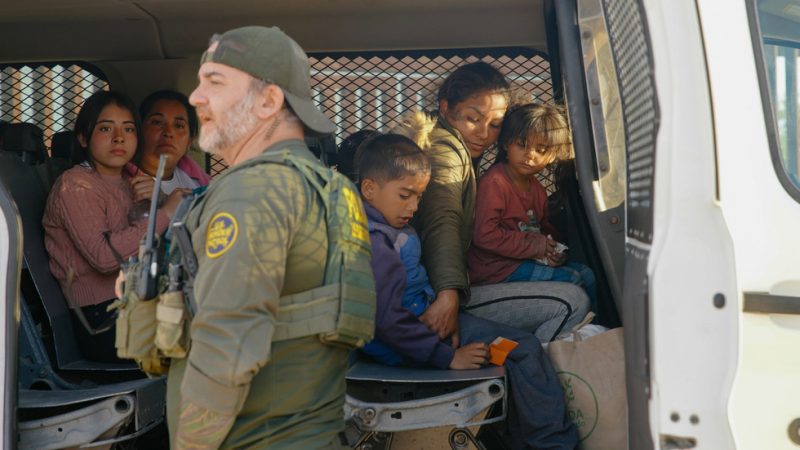
The US Supreme Court has issued a ruling that allows the Trump administration to deport migrants to third countries, including conflict zones like Libya and South Sudan. This decision has sparked outrage amongst immigrant rights groups and raised serious concerns about the safety and well-being of those being deported.
The ruling overturns a lower court’s injunction that had blocked these deportations due to safety concerns. The Trump administration, having implemented a series of stricter immigration policies since his return to office, argues that this is a necessary measure to curb illegal immigration. This action directly contradicts the previous administration’s more lenient approach, which the current administration has labeled as an ‘open border’ policy.
The Department of Homeland Security’s expansion of rapid deportations to third countries prompted a class-action lawsuit. The lawsuit, filed on behalf of migrants facing deportation without due process, argued that such actions violated constitutional rights. A district judge initially agreed, issuing an injunction that temporarily halted the deportations. However, the Supreme Court’s decision effectively overrides this injunction, allowing the government to proceed with its plan.
Justice Sonia Sotomayor, dissenting from the majority decision, criticized the government for its disregard of the lower court’s injunction, highlighting instances where migrants were deported to South Sudan with minimal notice and no opportunity to present their case. She argued that the Supreme Court should have allowed lower courts to handle such a complex and sensitive legal matter.
The US State Department’s highest-level travel advisories against visiting Libya and South Sudan underscore the inherent risks involved in deporting individuals to these countries. Both nations have experienced significant political instability, armed conflict, and widespread crime. The US embassy in Libya has been closed since 2014, and in March, non-emergency personnel were withdrawn from the embassy in South Sudan. This decision raises serious questions about the ethical implications of sending vulnerable individuals to such dangerous environments.
The Supreme Court’s decision has ignited a heated debate about immigration policy and human rights. Critics condemn the administration’s actions as inhumane and potentially lethal, while supporters maintain that it is a necessary step for national security. The long-term consequences of this decision remain to be seen, but its impact on the lives of those affected is undeniable.










